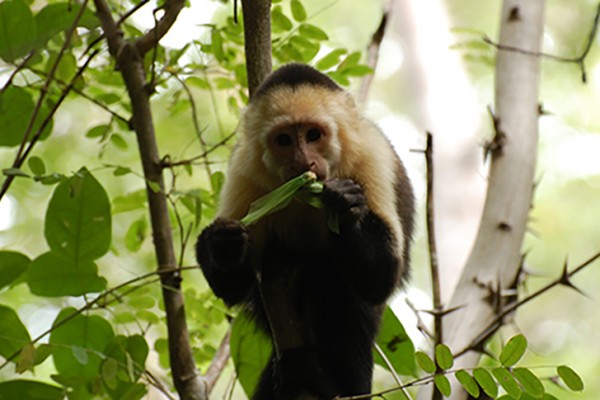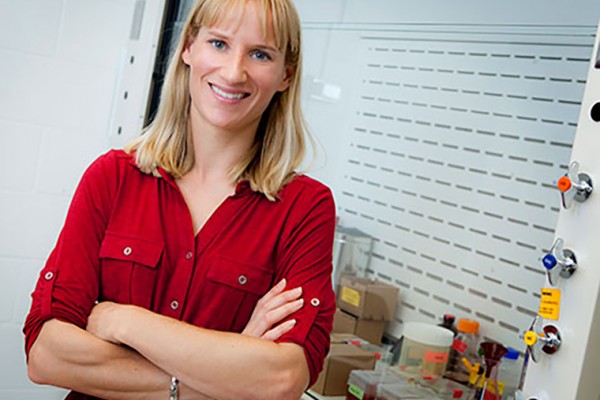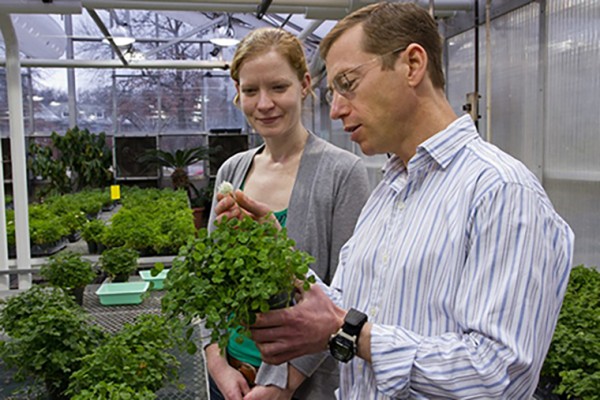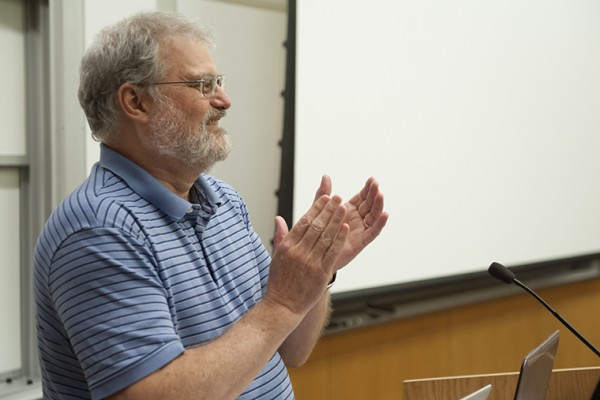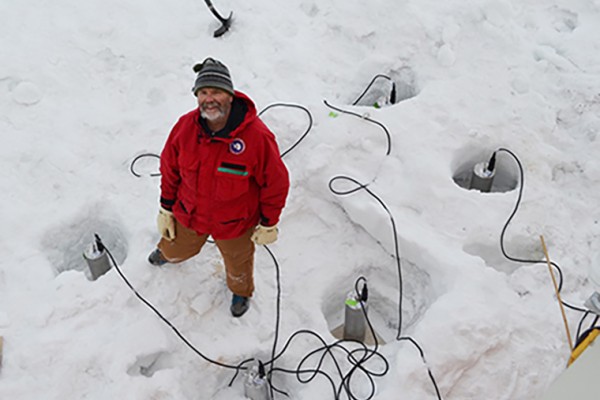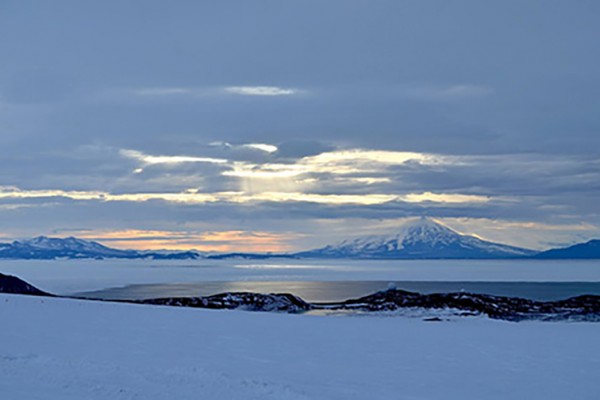Insect diet helped early humans build bigger brains, study suggests
Figuring out how to survive on a lean-season diet of hard-to-reach ants, slugs and other bugs may have spurred the development of bigger brains and higher-level cognitive functions in the ancestors of humans and other primates, suggests research from Washington University in St. Louis.
Those with episodic amnesia are not ‘stuck in time,’ says philosopher Carl Craver
It has generally been assumed that people with episodic amnesia experience time much differently than those with more typical memory function. However, recent research by Washington University philosopher Carl F. Craver, PhD, disputes this type of claim. “There are sets of claims that sound empirical, like ‘These people are stuck in time.’ But if you ask, ‘Have you actually tested what they know about time?’ the answer is no.”
Washington People: Jessica Wagenseil
One in three American adults has high blood pressure. Jessica Wagenseil, DSc, associate professor of mechanical engineering, is investigating how mechanical properties of the cardiovascular system contribute to this widespread disease.
How repeatable is evolutionary history?
Some clover species have two forms, one of which releases cyanide to discourage nibbling by snails and insects and the other of which does not. A scientist at Washington University in St. Louis found that this “polymorphism” has evolved independently in six different species of clover, each time by the wholesale deletion of a gene. The clover species are in a sense predisposed to develop this trait, suggesting that evolution is not entirely free form but instead bumps up against constraints.
PARC wins renewed funding for photosynthetic research
The Department of Energy has awarded the Photosynthetic Antenna Research Center (PARC) $14.4 million for continuing research on natural and bio-inspired systems for harvesting the sun’s energy. The center, which is hosted by Washington University in St. Louis, was one of 32 projects selected for funding from among more than 200 proposals and one of only 22 to receive second-round funding.
Humans have been changing Chinese environment for 3,000 years
A widespread pattern of human-caused environmental degradation and related flood-mitigation efforts began changing the natural flow of China’s Yellow River nearly 3,000 years ago, setting the stage for massive floods that toppled the Western Han Dynasty, suggests new research from Washington University in St. Louis.
Obituary: Albert Baernstein, professor emeritus of mathematics, 73
Albert Baernstein, professor emeritus of mathematics in Arts & Sciences at Washington University in St. Louis, died Tuesday, June 10, 2014. He was 73.
Jennifer Lodge appointed vice chancellor for research
Jennifer K. Lodge, PhD, associate dean for research and professor of molecular microbiology at Washington University School of Medicine in St. Louis, has been appointed vice chancellor for research for the university, according to Chancellor Mark S. Wrighton; Larry J. Shapiro, MD, executive vice chancellor for medical affairs and dean of the School of Medicine; and H. Holden Thorp, PhD, university provost and executive vice chancellor for academic affairs.
Aubreya Adams’ photo album – Part 2
1 | 2 | 3 One day, I got to tag along with another team to do a test installation of posthole seismometers (seismometers directly buried in the snow with no vault). This involved taking a piston-bully (a huge beast of a machine with big tracks instead of tires that travels at whopping speeds of […]
Aubreya Adams’ photo album – Part 3
1 | 2 | 3 Feb. 4, 2014: Each year during the summer, the ice near the bases melts away, but how quickly this happens varies from year to year. Scott Base, which it lies just seaward of the boundary between the transient ice shelf and the permanent ice, claims to be 98 percent iced-in. […]
Older Stories
